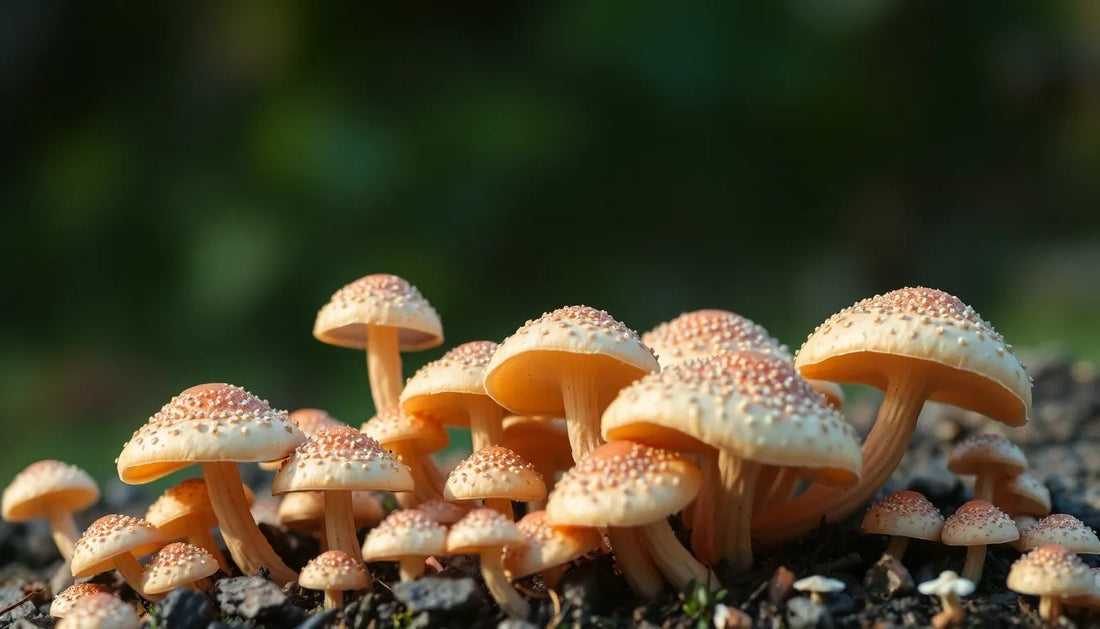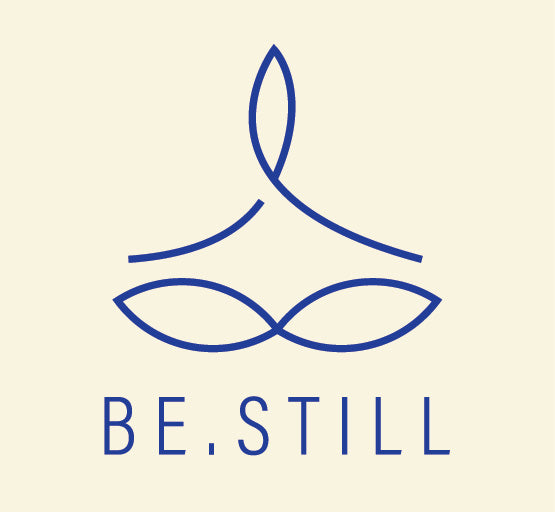
Natural Remedies for Anxiety: Alternatives to Traditional Anti Anxiety Medications
Share
Feeling anxious is something we all experience, but when it interferes with daily life, finding relief becomes essential. While anti anxiety medications can help, many people look for natural options to ease their symptoms and support overall well-being. In this guide, discover a range of evidence-backed natural remedies that may help reduce anxiety.
Understanding Anxiety and Its Effects
Anxiety is more than just stress or worry. It may manifest as persistent tension, restlessness, difficulty sleeping, or even physical symptoms such as muscle tightness or a pounding heart. Though anti anxiety medications provide significant relief for many, not everyone wants to rely solely on medication.
Seeking natural alternatives can complement existing treatment plans. It’s important to check with your healthcare provider before making changes, especially if you’re already taking prescription anti anxiety medications.
Why Consider Natural Remedies?
There is growing interest in holistic wellness, and for good reason. Many individuals wish to minimize side effects, avoid long-term dependence, or adopt a more proactive approach to mental health. Natural remedies often support both mind and body, offering benefits such as:
- Fewer reported side effects compared to traditional anti anxiety medications
- Greater sense of control over your mental health
- Support for healthy lifestyle habits
- Potential additional benefits for overall well-being
Herbal Supplements: Time-Tested Options
Plant-based supplements have been used to address anxiety for centuries. Some of the most studied options include:
- Chamomile: Widely recognized for its calming effects, chamomile tea or supplements may ease mild anxiety symptoms. Research suggests its compounds interact with brain receptors involved in stress response.
- Lavender: Available as oil, capsules, or tea, lavender has relaxing properties. Studies indicate it may lower anxiety levels, both when inhaled as aromatherapy and taken orally.
- Passionflower: Traditionally used for insomnia and anxiety, passionflower may help promote relaxation without significant sedative effects.
- Valerian Root: Often used to support sleep, valerian can also provide relief for nervous tension or irritability.
While these herbs are generally safe, always consult a healthcare provider before use, especially if you’re already on anti anxiety medications, as herbal supplements can interact with certain drugs.
Diet and Nutrition: How What You Eat Impacts Anxiety
Nutritional choices impact mental health more than many realize. Certain patterns and food components can naturally support your brain and mood.
- Omega-3 Fatty Acids: Found in fatty fish (like salmon or sardines), walnuts, and flaxseed, omega-3s provide anti-inflammatory effects and may help regulate neurotransmitters involved in anxiety.
- Magnesium: Low magnesium levels have been linked to increased anxiety. Nuts, seeds, whole grains, and leafy greens are excellent sources.
- Complex Carbohydrates: Whole grains, legumes, and starchy vegetables can help stabilize blood sugar and promote a steady mood.
- Limit Caffeine and Sugar: Excess caffeine or sugar may worsen anxiety symptoms for some. Swapping these out for herbal teas and balanced snacks can promote calmness.
No single food or supplement is a replacement for prescribed anti anxiety medications but making mindful changes to your diet can enhance overall mental well-being.
Mindfulness and Relaxation Techniques
Mindfulness-based practices are effective tools to manage worry, racing thoughts, and the physical sensations of anxiety.
- Deep Breathing: Simple breathing exercises, such as the 4-7-8 technique, can lower heart rate and reduce tension.
- Progressive Muscle Relaxation: This involves systematically tensing and relaxing muscle groups to diffuse physical anxiety.
- Meditation and Guided Imagery: Regular meditation practice cultivates present-moment awareness and can rewire the brain’s stress response over time.
- Yoga and Tai Chi: Gentle movement combined with focused breathing grounds the mind and supports emotional resilience.
These approaches require practice but can quickly become powerful complements to or, in certain cases, alternatives for anti anxiety medications.
Exercise: Nature’s Natural Mood Booster
Physical activity is one of the most effective and accessible natural remedies for anxiety. Engaging in regular exercise triggers the release of endorphins—chemicals in the brain that naturally improve mood.
- Even moderate activity, such as brisk walking, cycling, or swimming, can help ease tension.
- Activities like dancing, hiking, or team sports offer a social component that further promotes well-being.
Aim for 30 minutes of structured activity most days of the week to experience the full benefits. Exercise not only reduces anxiety in the short term but also builds resilience against future stressors.
Nurturing Sleep for Anxiety Relief
Poor sleep and anxiety often go hand-in-hand. Prioritizing rest is vital for improving emotional resilience and easing anxiousness.
- Create a Sleep-Friendly Environment: Keep your bedroom cool, dark, and quiet.
- Bedtime Routine: Establish regular sleep and wake times. Try winding down with calming activities, such as reading or a warm bath.
- Avoid Stimulants in the Evening: Steer clear of caffeine and screens before bed.
Good sleep hygiene may lessen the need for anti anxiety medications in some individuals or make other treatments more effective.
Supplements and Vitamins Worth Considering
Some vitamins and minerals play a direct role in nervous system health. While supplements aren’t a universal fix, specific nutrients may support anxiety reduction:
- Vitamin D: Deficiency has been associated with mood disorders. Sunlight exposure and supplementation can help maintain healthy levels.
- B Vitamins: Essential for energy metabolism and brain function, B vitamins (like B6 and B12) are sometimes used alongside traditional anti anxiety medications.
- L-Theanine: Found naturally in green tea, this amino acid may promote a calm yet alert mental state.
Speak with a qualified healthcare provider before adding supplements, especially to avoid possible interactions with anti anxiety medications.
Social Support and Lifestyle Habits
Personal connections and balanced routines heavily influence anxiety levels.
- Connect with Others: Share your feelings and experiences with friends, family, or support groups.
- Limit Screen Time: Excessive news or social media consumption may increase anxiety. Set healthy boundaries for digital exposure.
- Spend Time in Nature: Outdoor activities can reduce stress and provide perspective beyond daily worries.
Integrating these habits enhances the overall effectiveness of any anxiety treatment, including anti anxiety medications.
When to Seek Professional Help
While natural remedies offer many benefits, severe anxiety may require additional support. If your symptoms are disrupting work, relationships, or self-care, don’t hesitate to reach out to a mental health professional. Sometimes, a combination of therapy, anti anxiety medications, and natural strategies yields the best results.
Conclusion
Managing anxiety doesn’t have to rely solely on medication. Exploring natural remedies, from mindfulness to nutrition and supportive relationships, offers a holistic path to calmer days. If you’re curious about alternatives or want to complement your current approach, start small and consult your healthcare provider for personalized guidance.
